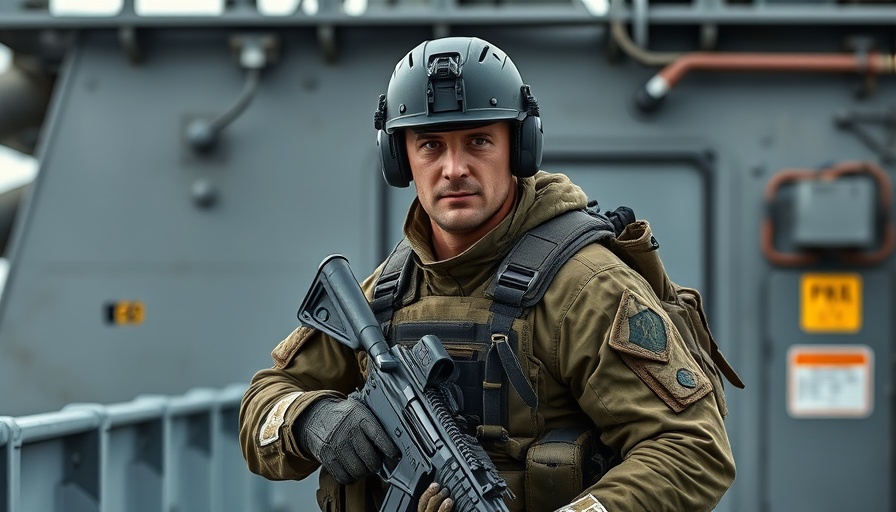
Tragic Reminder: The Fight for Better Veteran Support
The suicide of Mark Miller, a U.S. Navy veteran, outside the Audie L. Murphy Veterans Hospital in San Antonio, has sparked outrage among veterans and their families. His father, Larry Miller, led a protest not just for his son, but for countless others who have faced similar struggles with mental health.
The Call for Change in Mental Health Care
During a poignant protest that took place shortly after Miller’s death, demonstrators gathered at the San Antonio VA hospital, chanting, "Stop pushing pills, listen to your veterans." This chant reflects a growing sentiment that traditional mental health treatment methods, primarily medication, are insufficient to meet the complex needs of veterans.
Supporters demand a holistic approach to mental health, advocating for better counseling services and peer support programs. As Larry Miller aptly stated, “This story is not unique, this story is very common.” His comments underline a pervasive issue affecting many veterans nationwide, who often do not receive the support they need.
Understanding the Crisis: A National Epidemic
The issue of veteran suicide is not confined to just one individual or community; it is a national crisis. According to studies from the U.S. Department of Veterans Affairs, approximately 17 veterans take their lives each day. This alarming figure emphasizes the necessity of a robust support system that extends beyond clinical settings.
The Role of Community and Advocacy
Advocacy plays a crucial role in demanding accountability and reform within the VA system. Organizations across the United States are rallying together to raise awareness of veteran mental health issues, pushing for policy changes that prioritize comprehensive mental health care. By joining forces, community members and veterans alike can create a support structure that encourages healthy coping mechanisms and community engagement.
Why This Matters: Veterans and Their Families
Understanding the struggles that veterans face is essential for the public, as these issues also affect their families and communities. The stigma surrounding mental health often prevents veterans from seeking the help they need, which can lead to tragic outcomes like that of Mark Miller.
Community awareness can help dismantle this stigma and foster an environment where veterans feel empowered to speak out and seek help without fear of judgement. Educational outreach initiatives could inform the public about the mental health challenges veterans face, creating an informed populace that can support them effectively.
Implementing Sustainable Solutions
To prevent further tragedies, there must be a focus on preventative measures. This includes innovative approaches such as integrating veteran peer support networks into VA hospitals, investing in transition programs that assist veterans in adapting to civilian life, and the implementation of comprehensive mental health education that equips families with knowledge on how to identify and respond to mental health crises.
Looking Forward: Collective Responsibility
Ultimately, the responsibility lies with all of us to ensure that veterans receive the care and respect they deserve. While protests like the one held in San Antonio are a starting point, long-term solutions depend on collaboration between veterans, healthcare providers, policymakers, and community members. The hope is not only to honor the memory of those lost but also to prevent further loss by transforming the system that serves these brave individuals.
 Add Element
Add Element  Add Row
Add Row 



 Add Row
Add Row  Add
Add 


Write A Comment